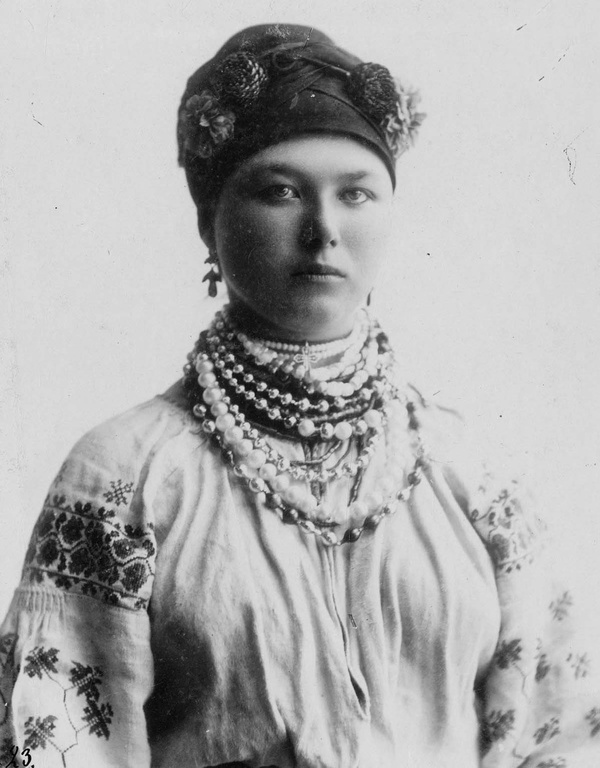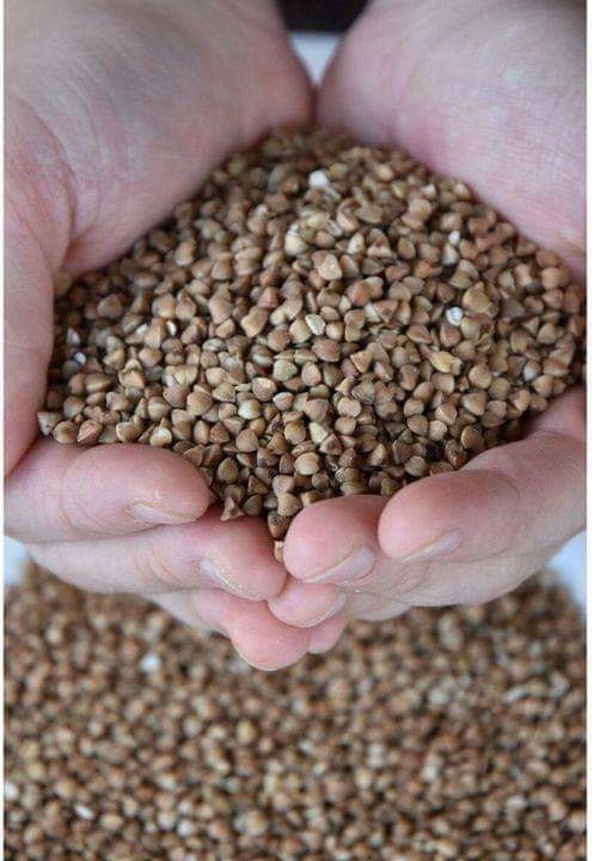How russian propaganda spreads an atmosphere of Weltschmerz among Ukrainians through heartwarming tales featuring fake individuals

The page had been in existence long before the full-scale invasion, but then experienced a prolonged interruption, with the last post dating back to November 17, 2021. However, starting from February 21, 2022, and consistently since February 24, they began sharing patriotic content almost daily, featuring news articles and pictures sourced from various websites. More recently, they’ve been sharing stories that purportedly come from their readers.
Several recent posts on the page have caught our attention, and we would like to highlight the most notable ones:
One particular post revolves around a family of internally displaced persons (IDPs) from the eastern region. The story is narrated by an anonymous woman who claims to have provided shelter to the family. “Their son is 17 years old, incredibly attractive and fashionable. The other day I came home and found him in bed with my 15-year-old daughter. I almost fell flat on my face!” Accompanying the story is a photo of the “same” individual. This post got 2,400 likes.
In the second post we highlighted from May 9, a woman tells how she gathered her grandchildren to educate them about “Victory Day and the valor of the Soviet army”. Expressing concern over the lack of awareness among children about this significant holiday, she adds, “Besides, my father fought in the war”. The statement is allegedly anonymous, but a photo of the woman is included. This post received almost 500 likes.
Another story features a Ukrainian woman who “has been residing in Germany for the past 12 years, working very hard.” However, when the Great War broke out, her sister moved in with her and sought refugee status. “She lives with me, I provide for them all, and my sister’s in no hurry to find a job. She’s from Ternopil Oblast, so she didn’t really have to flee.” This account got 1,700 likes.
And here’s another tale. In 2017, a man enlisted and left home, leaving behind a wife and two sons. During his service in the eastern region, he allegedly encountered another woman, young and very beautiful. “When I confessed everything to my wife, she claimed that my mistress is only after money in case of my death. But what if my wife is right?” the post recounts the words allegedly shared by this man. This story received 7,300 likes.
In all the cases mentioned above, the photographs used are actually fake and sourced from russian stock websites that provide images for avatars. This fact can be easily verified by conducting a simple Google image search, which will lead to the russian search engine Yandex. These photos are commonly utilized on dating platforms by individuals who prefer not to disclose their real identity. They may also be used to illustrate advertisements for caregivers, as seen in the next-to-last story, etc.
The story concerning the 15-year-old daughter aims to instigate animosity towards internally displaced persons (IDPs), and it aligns with the agenda of russian propagandists who seek to create divisions within Ukrainian society on any possible grounds.
Regarding “Victory Day”, it’s worth noting that the concept of “pabyedabyesie” (a term in russian meaning “victory”, but expressing disdain for russian actions), along with the portrayal of grandfathers on sticks, is being promoted here. It’s important to remember that Ukraine celebrates Europe Day on May 9, while the Day of Remembrance and Reconciliation is observed on May 8. The real Victory Day is still ahead of us.
The story about the woman from Germany is intended to provoke anger towards Ukrainian refugees. On the other hand, the man’s statements are directed against the military.
We reached out to several of the most active commenters on this page and discovered that these individuals, prior to our explanations, didn’t perceive any issues and genuinely believed all the posts. One user, Natalia, mentioned that she had been following this page for the past six months, considering it “a kind of page for elderly ladies”.
“I had some suspicions, but since the stories were portrayed as events happening here, I was really surprised. It’s disappointing. Looking at this page, I’d never have thought it belonged to the enemy,” she said.
We urge you not to believe everything you see on social media. Prior to sharing a post, ensure that it contains accurate information. If you notice that your elderly parents are subscribed to similar pages, take the time to explain the issue to them and help them find reputable alternatives. There are numerous websites that publish authentic life stories, unlike all sorts of “Whispers”, and these are composed by professional journalists. Additionally, be mindful that fake content can impact individuals of any age or gender ![]()







